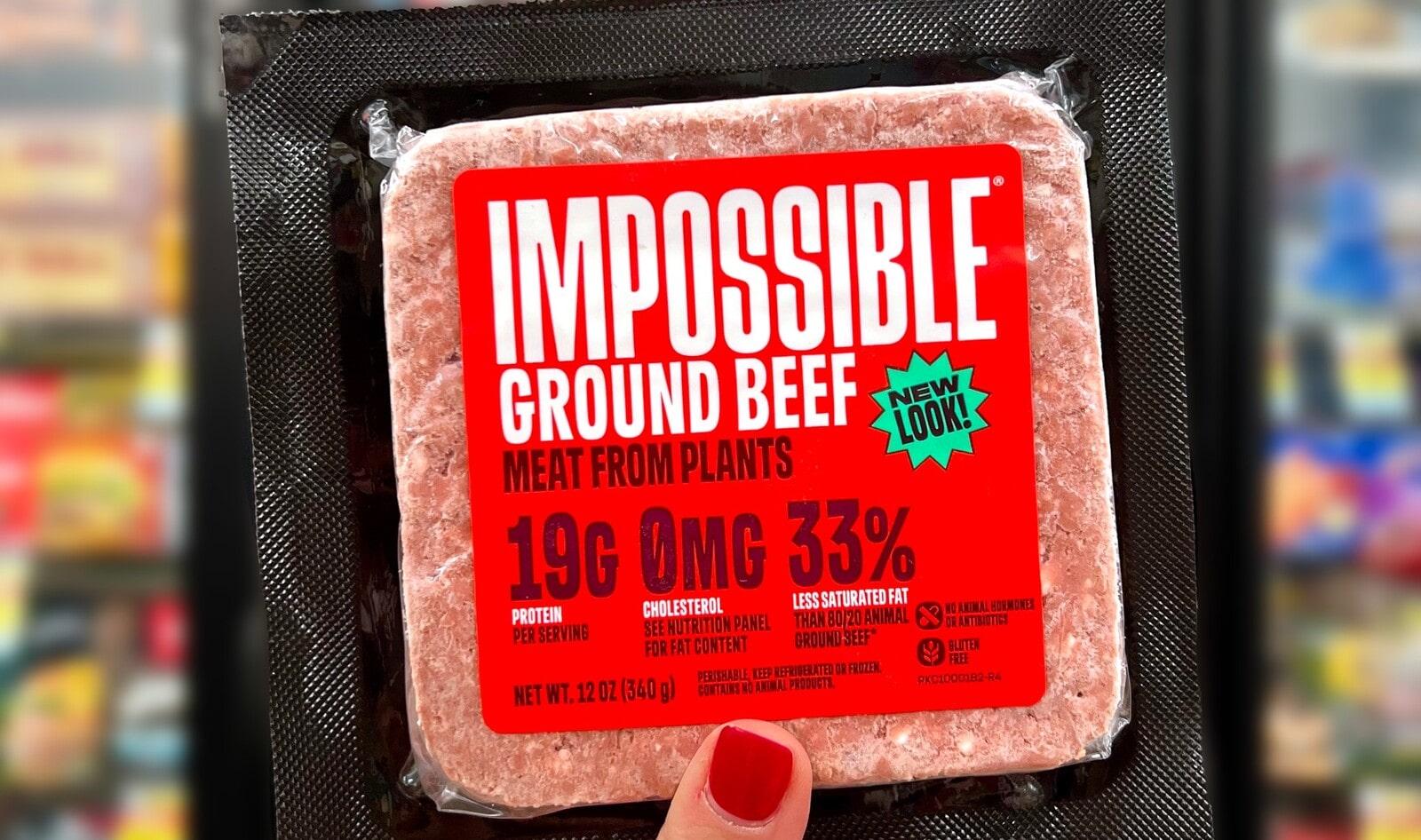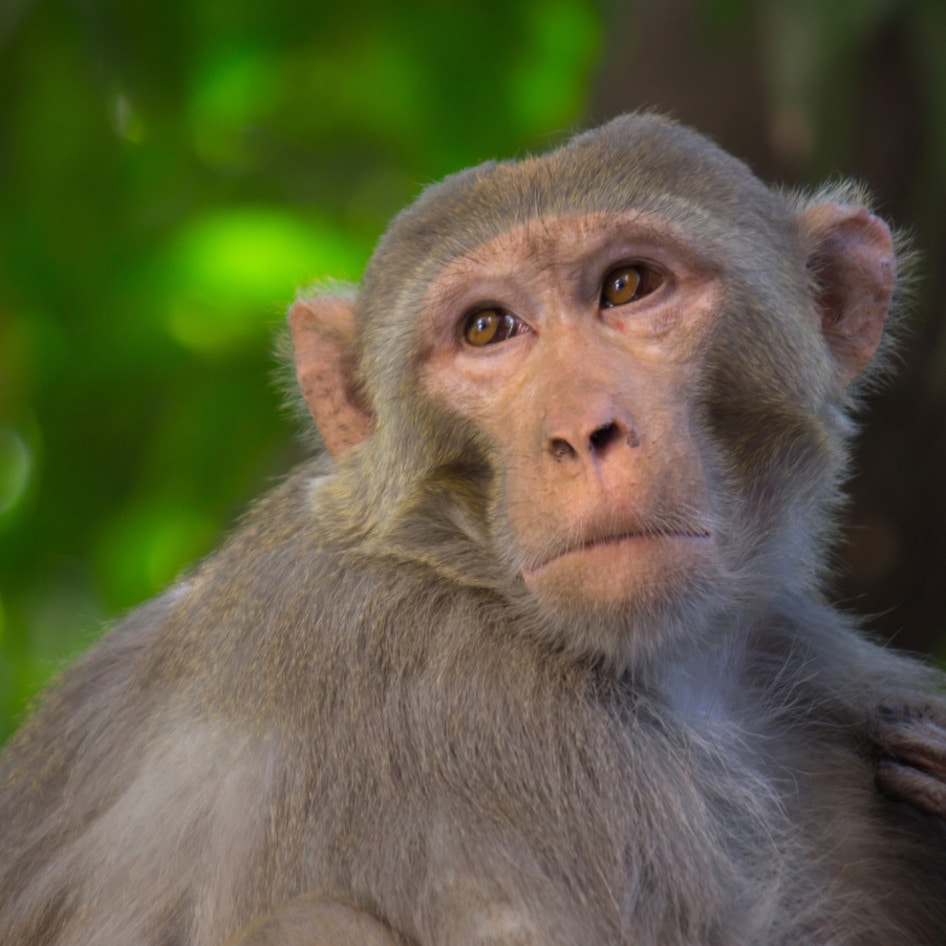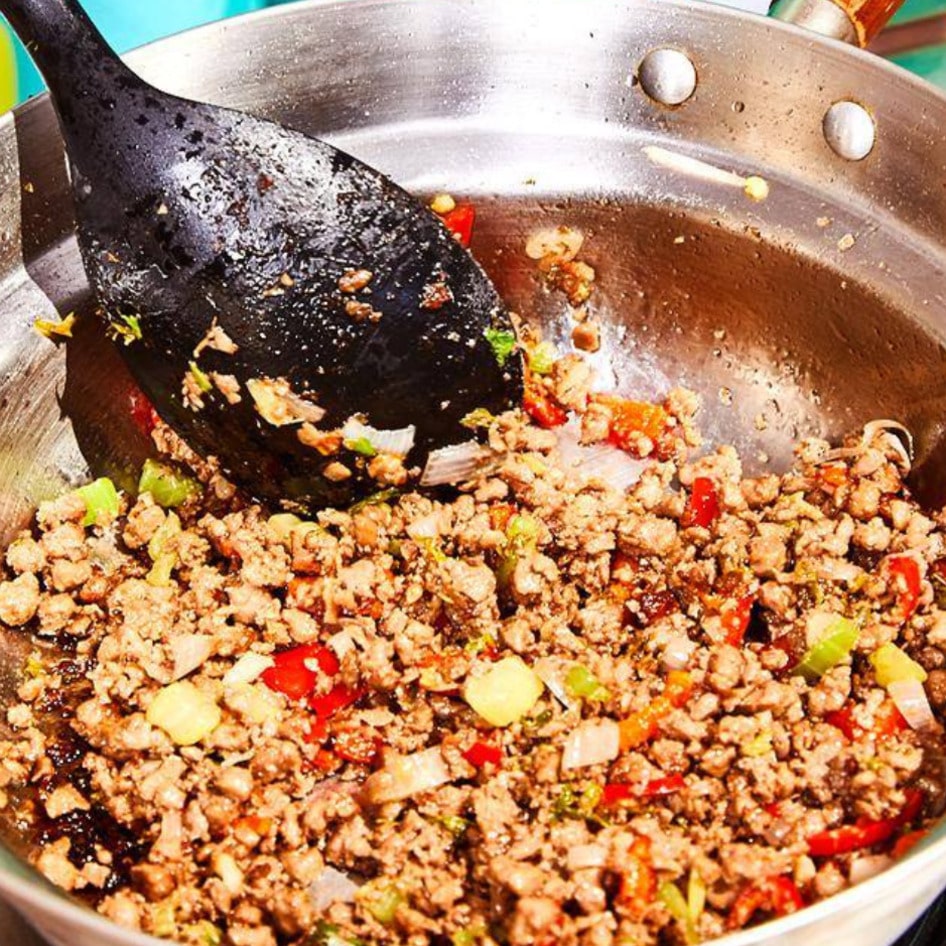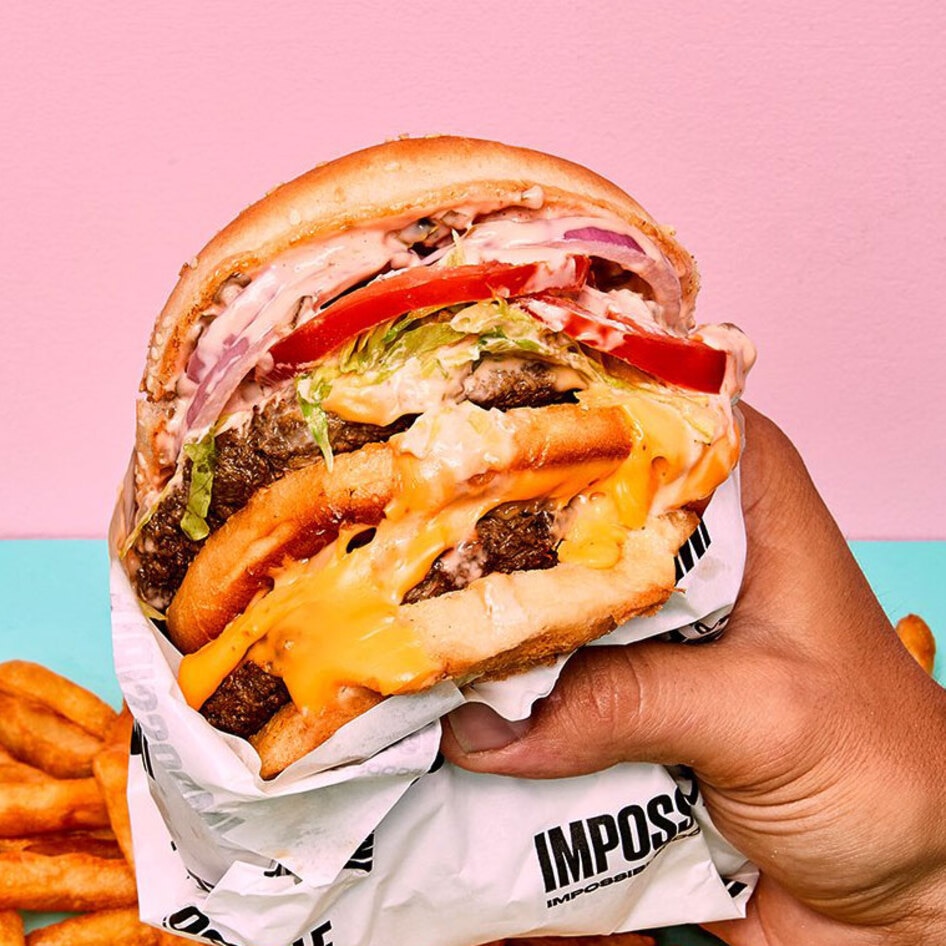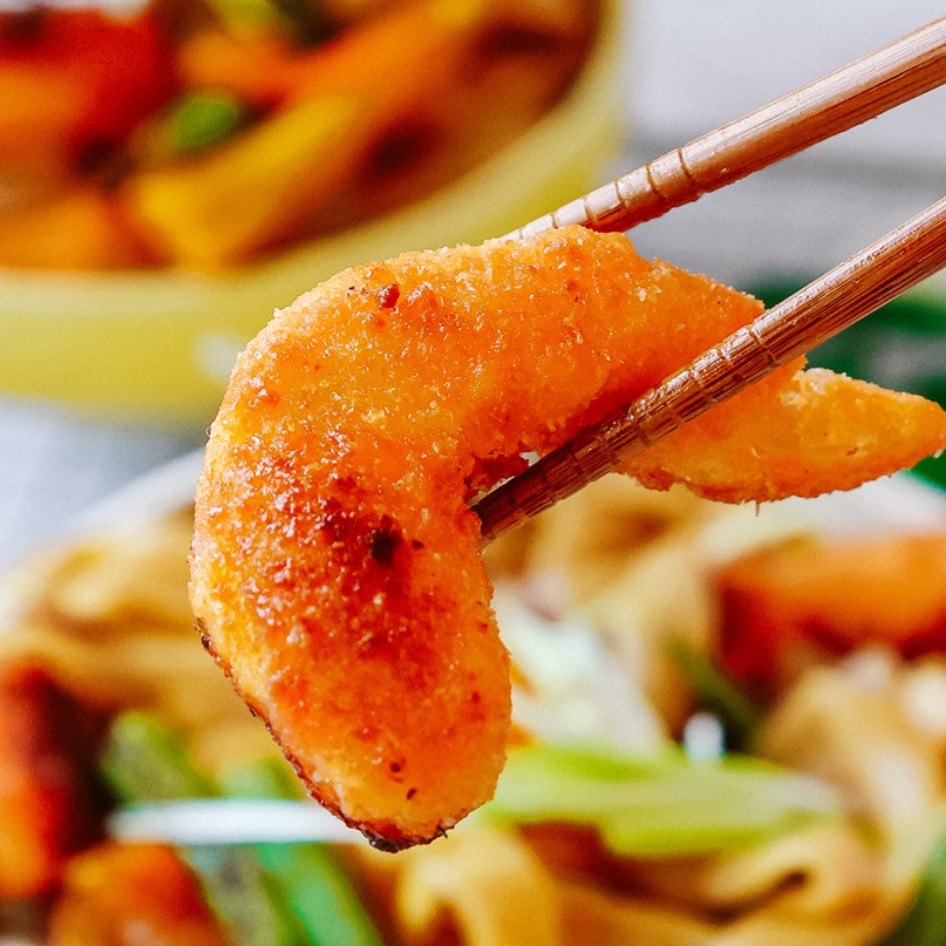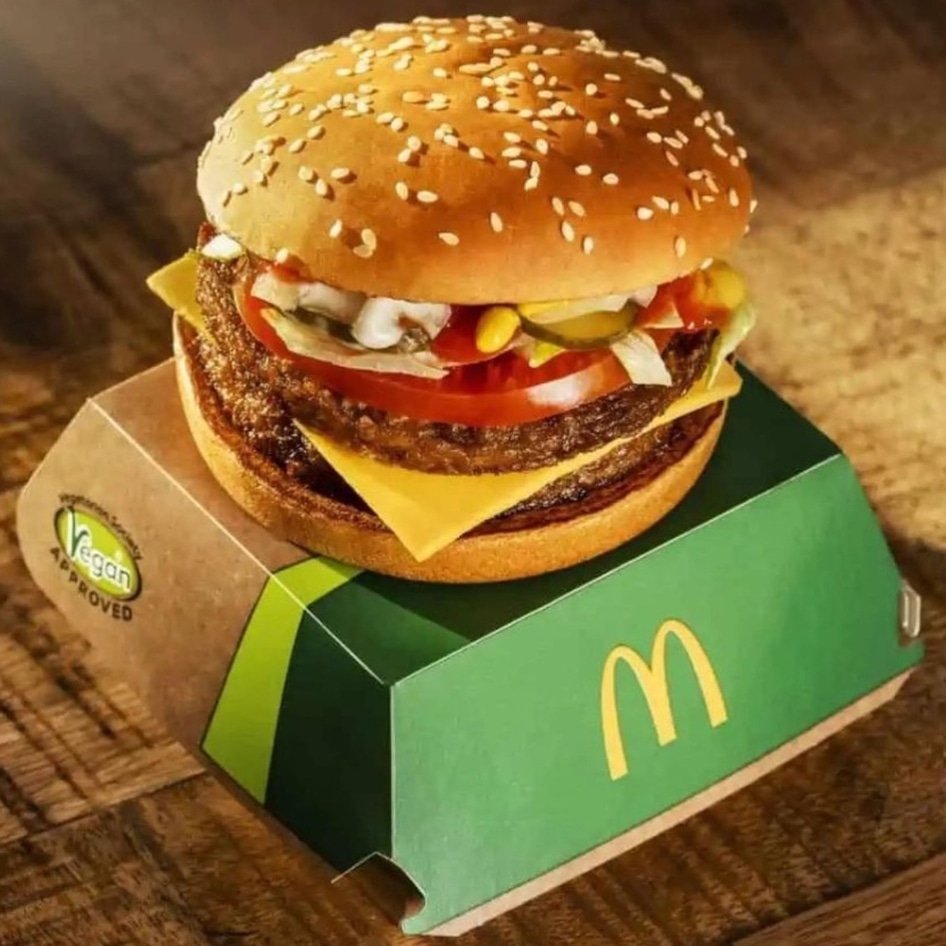If you’ve ever bitten into an Impossible Burger, you’ve likely been pretty blown away by just how meaty it is. How can a burger made from plants, with zero animal products, taste that close to a real beef patty? Well, according to Impossible Foods, the answer is in one key ingredient: heme.
It sounds unfamiliar, and you’re unlikely to see it listed on the back of any other products you can find in the supermarket. But it’s actually pretty common. In fact, heme is in every living thing on the planet. But while it may be Impossible Food’s signature—and the reason its realistically meaty products have been picked up by major chains, like Burger King—it’s also been a source of controversy for the California-based food-tech company. Here’s what you need to know.
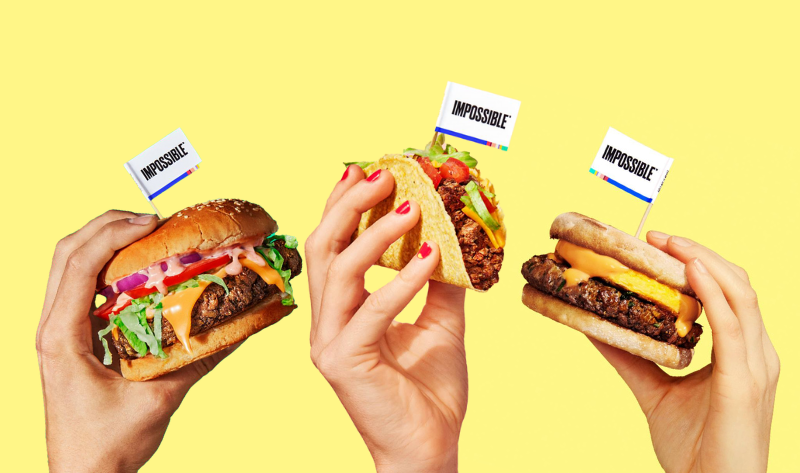 Impossible Foods
Impossible Foods
What is heme?
All living cells, in plants and animals, contain heme, which is a group of molecules that contain iron. It is a key part of a protein called hemoglobin and helps with many important processes, including oxygen transportation. Because of its color, heme is also the reason that blood from animals and humans is red.
Does heme make meat taste like meat?
Impossible Foods’ overarching goal is to take animals out of the food system and replace them with plants. Animal agriculture is unsustainable: it’s a major source of greenhouse gas emissions and it drains the earth of vital resources, like water and land. But it’s also unethical. Every year, billions of animals are raised on industrial factory farms for the food industry.
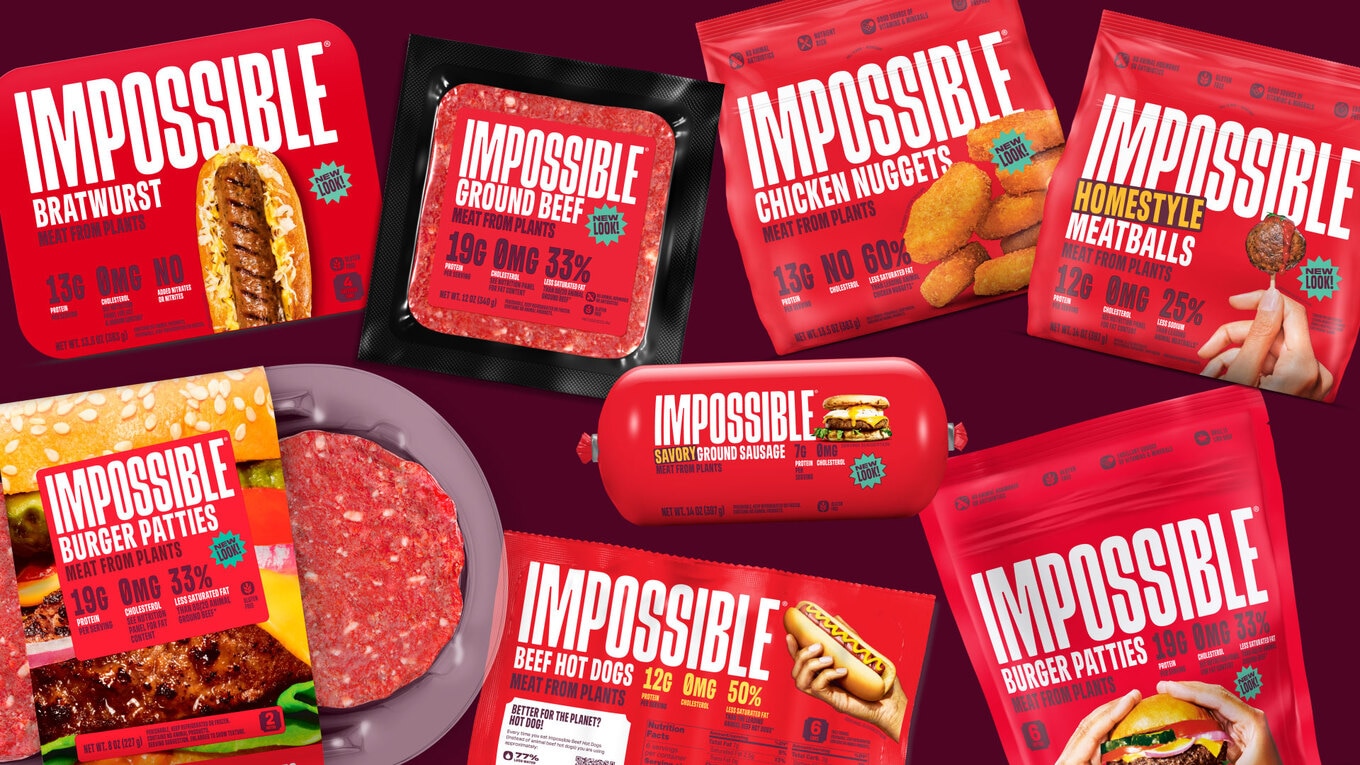 Impossible Foods
Impossible Foods
So the brand came up with a solution: plant-based meat that doesn’t just taste close to the real thing, but that is almost identical to the real thing. But in order to accomplish this goal and get plants to taste like meat, Impossible Foods’ founder Pat Brown had to figure out what actually makes meat taste like meat. And because animals have high levels of hemoglobin in their muscles, he landed on heme.
“Heme catalyzes very specific types of chemical reactions that transform abundant, simple nutrients into this explosion of hundreds of diverse volatile odorant molecules,” Brown told the American Society for Microbiology in 2019. “When you experience them, together they add up unmistakably to the smell and taste of meat.”
Can heme be vegan?
But as we mentioned before, heme isn’t just in animals. It’s found in all living things, which includes plants. Impossible Foods started its food-tech journey by extracting heme from leghemoglobin found in the root nodules of soybeans. But over time, its process became more efficient and sophisticated. Now, Impossible Foods takes DNA from soybeans and inserts it into a genetically-engineered yeast, which is then fermented to produce heme.
 Impossible Foods
Impossible Foods
This means that Impossible Foods’ heme is vegan, but it also means that, unlike many other plant-based brands on the market, its products are not GMO-free.
Impossible Foods & heme controversy
Because of the GMO situation, many have taken against Impossible Foods’ products. The Non-GMO Project, a certification organization that maintains the food system should be non-GMO, has criticized the brand in the past, alongside environmental organization Friends of the Earth and the Center for Food Safety. In 2021, the latter took things a step further when it filed a lawsuit challenging the FDA’s approval of heme in the first place.
According to the Center, there were not enough long-term tests carried out on Impossible Foods’ heme before it was given the green flag. “[The] FDA approved soy leghemoglobin even though it conducted none of the long-term animal studies that are needed to determine whether or not it harms human health,” Ryan Talbott, one of its attorneys, said in a statement at the time.
Despite the company’s and Brown’s moral stance against animal testing, Impossible Foods was forced to conduct one test on rats to receive approval from the FDA (Brown stated that without the test, “the mission and the future of billions of animals whose future depends on its success was thwarted”). Ultimately, the court concluded that this testing and the FDA’s approval process were sufficient, and the Center for Food Safety’s appeal was not successful.
“We applaud the court’s decision to recognize and uphold the FDA’s assessment of the abundant evidence supporting the safety of our product and to deny the meritless petition of the Center for Food Safety,” said Rachel Konrad, Impossible Foods’ chief communications officer, in a statement.
However, the company is still faced with legal obstacles. For years, Impossible Foods was not able to sell products with heme in Europe—due to recent strides, however, that could change soon.
The European Food Safety Authority (EFSA) recently declared soy leghemoglobin as safe for consumption. This doesn’t mean Impossible Foods will be hitting store shelves in Europe just yet, but the company has successfully completed the first round of approval.
Do any other plant-based brands use heme?
Impossible Foods is currently the only plant-based brand on the market to use heme. But that could change. In 2020, Chicago-based startup Back of the Yards Algae Sciences (BYAS) figured out how to extract heme from spirulina, a type of blue-green algae.
According to the food-tech specialists, the discovery accidentally happened while researchers were studying how to create purple coloring using spirulina. But it could have major consequences for the plant-based industry, as the startup intends to sell the spirulina heme, which is non-GMO, to existing alternative protein brands.
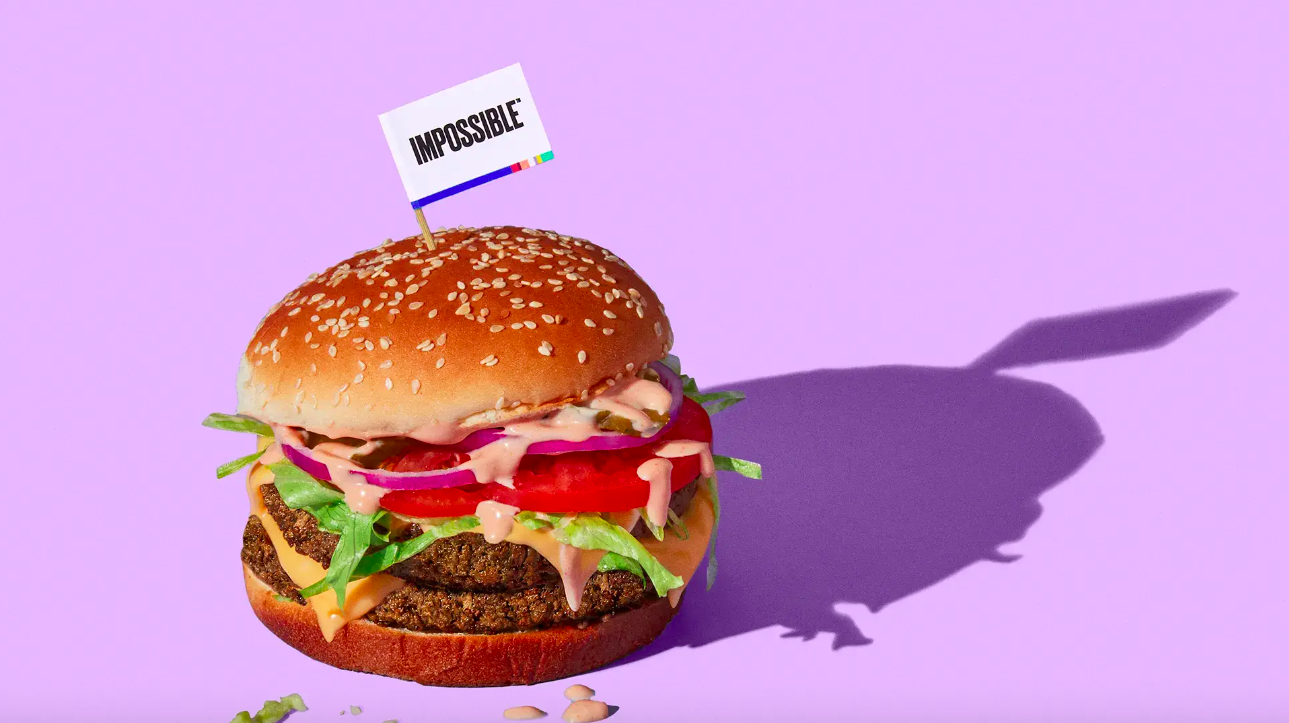 Impossible Foods
Impossible Foods
The heme has already been put to the test, with promising results. In 2021, a review published in The Spoon by food writer Josh Schonwald compared two plant-based burgers before and after they were sprayed with BYAS’ spirulina heme.
“The heme-sprayed burgers were a clear upgrade,” he wrote. “In fact, I was so impressed with the heme’s flavoring that I tested the burger on the biggest mock-meat skeptic I know: my 11-year-old son.”
“As expected, Max shot a frown and yuck look after trying the standard Beyond [Meat burger],” he continued. “But after being persuaded to take one bite of the heme-sprayed version, Max had a shocking response. No frown. In fact, he said, ‘It’s pretty good.’”
So, very soon, Impossible Foods could face a fair amount of competition. In 2022, BYAS received investment from the DIC Corporation, a Japanese fine chemicals company and spirulina production pioneer, to help make its goal of selling the spirulina heme to plant-based brands a reality.
For more on plant-based meat, read:
JUMP TO ... Latest News | Recipes | Guides | Health | Subscribe

